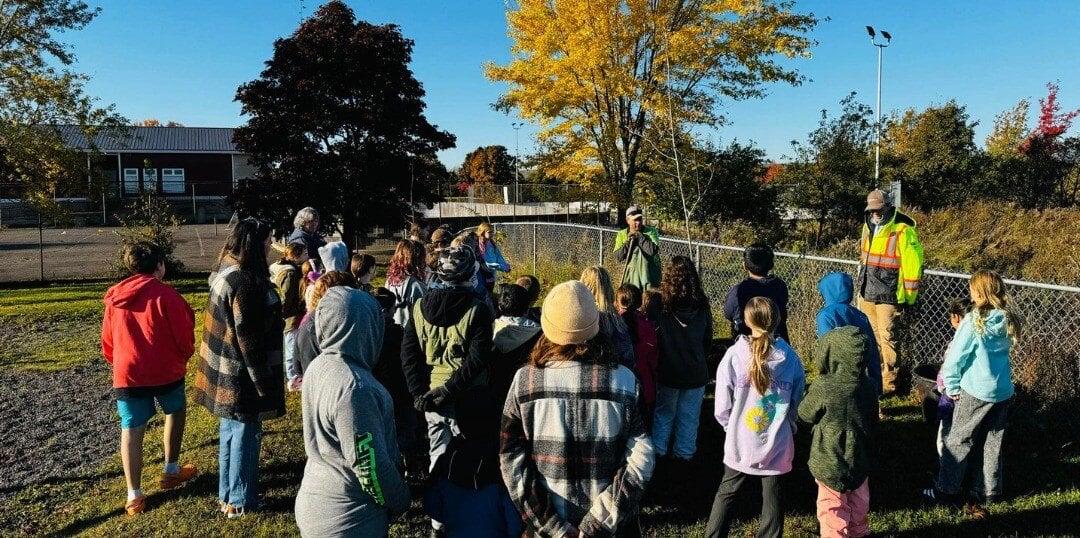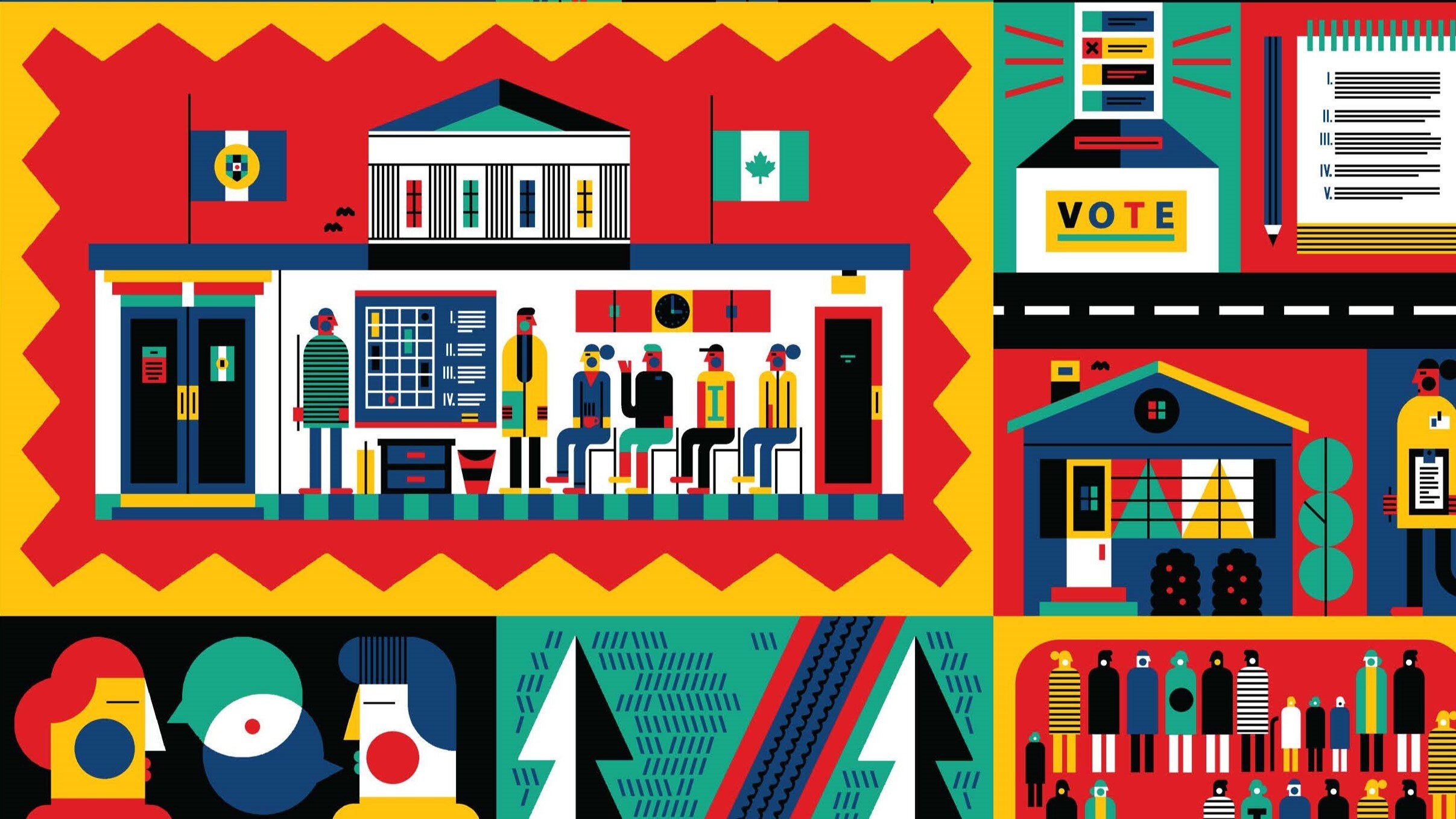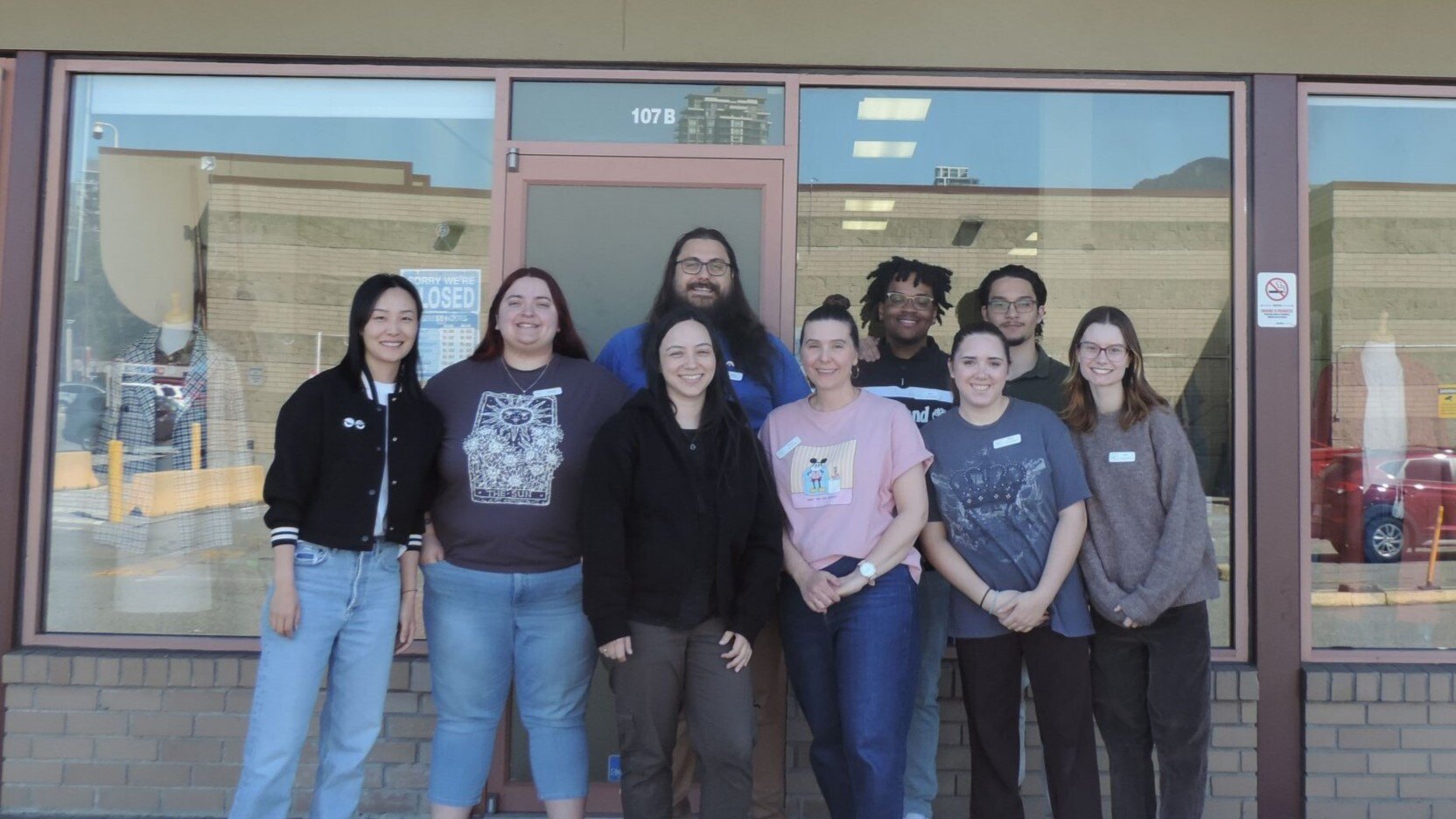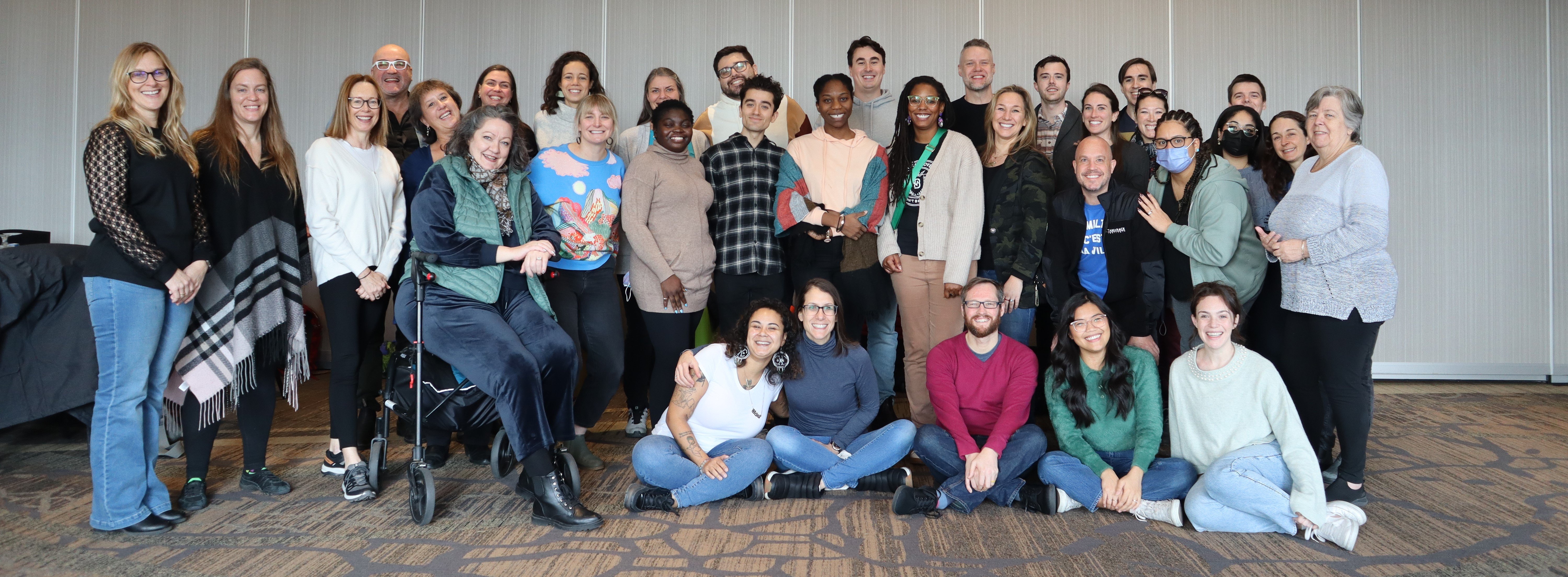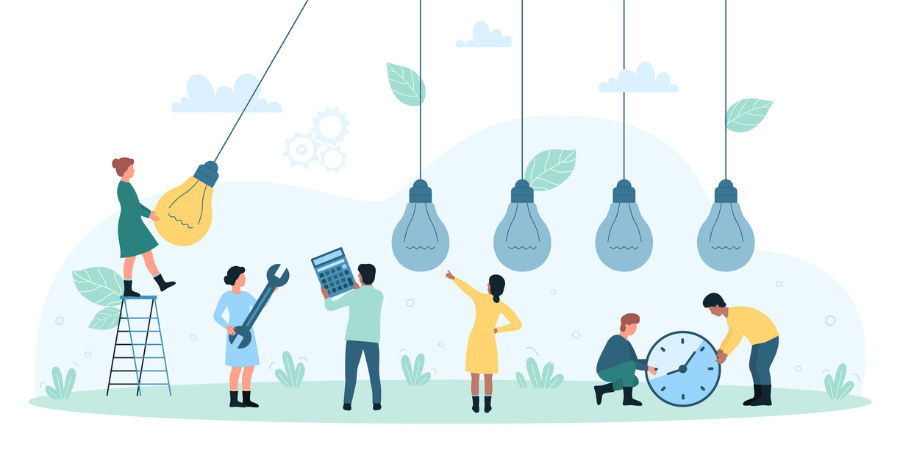Customized Financial Empowerment Program reduces poverty in Nelson, BC
Raising people out of poverty requires financial education. Opportunities that support sustainable livelihoods through education and skill building was one of five ‘pathways to change’ identified in Together Nelson’s Community Action Strategy to Reduce Poverty (2022-2026). In 2022, informed by a Community Voices Advisory Group, the Together Nelson Leadership Roundtable (LRT) collaboratively identified financial literacy as a priority action. The Kootenay Career Development Society stepped up as lead service delivery partner and the “Loonies and $ense” financial empowerment program was launched, with the explicit goal of raising people out of poverty.
Loonies and $ense was an innovative program that focused on enhancing financial wellness and empowerment for program participants. Over 8 months, Loonies and $ense ran two 8-week groups, or cohorts, supporting a total of 16 community members. The program included topics such as personal goal setting, understanding personal credit, and connecting with community resources to support financial well-being.
Participants worked in a group setting with peers, as well as one-on-one with the Program Facilitator to set and work toward individualized financial goals. The program included an allowance for participants as well as financial support to facilitate participation and poverty reduction, such as transportation, child care, and one-time payments for debts, services, and items recognized as perpetrating poverty impacts. The program was overseen by the Community Voices Advisory Committee composed of 5 program participants. Advisory Committee members were compensated for their time and empowered to define their own processes and approach.
Following program completion, participants reported:
-
Decrease in difficulties with all noted barriers to economic inclusion, with an increase in perception of being included in the economic life of the community.
-
Fewer challenges with meeting basic needs such as buying food, affording housing, paying for transportation, finding/maintaining employment, feeling isolated, paying bills, and accessing financial services.
-
Decrease in challenges related to physical/mental health and accessing childcare.
-
Increase in knowledge in all areas measured by the pre- and post-tests, with personal budgeting, banking and community resources areas in which participants reporting having the most knowledge after program completion.
-
Increased confidence in all areas measured, with personal banking, accessing helpful community resources and navigating options for saving and investing being most noteworthy.
Due to the customized nature of this program, all participants had (and met) unique program goals that were embedded in their program ‘Action Plan’, from debt elimination and recovering from bank fraud, to increasing monthly cash flow and creating an emergency fund.
Collaborative priority setting, active partnerships, and centring process and evaluation through the experience of participants impacted by poverty, ensured the success of this innovative financial empowerment program.
Take your learning further
-
BLOG POST | Finding Financial Stability in Uncertain Times










